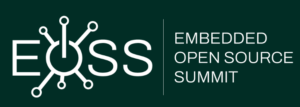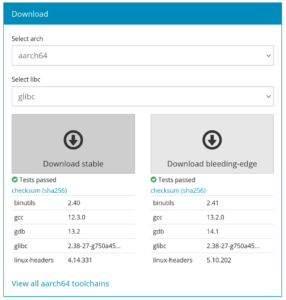For close to 20 years, Bootlin has offered to companies around the world its expertise in embedded Linux system development, with engineering and training services covering low-level software development in the Linux kernel and open-source bootloaders, as well as embedded Linux system integration and build systems.
Bootlin’s expertise is obviously tightly coupled with hardware engineering, as the low-level software we develop runs on a wide variety of hardware platforms, sometimes with complex designs. As experts in low-level software, our team possesses a robust understanding of the hardware used in embedded systems, including SoCs, board design, hardware interfaces, and protocols.
Today, we are delighted to announce a strategic partnership with Ratiotech, marking a significant expansion of our collective expertise. Ratiotech brings an impressive 25 years of experience in hardware design, electronic systems, signal integrity, and EMC.
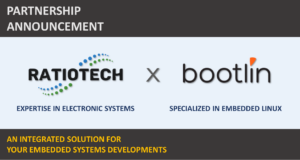
This partnership enables:
- Bootlin to offer significantly deeper and broader expertise in investigating, debugging, and resolving issues during the bring-up of our customers’ hardware platforms
- Ratiotech to leverage Bootlin’s solid expertise in embedded Linux development, providing customers with a comprehensive range of services covering both hardware development and Linux operating system integration
- A collaboration that allows Bootlin and Ratiotech to provide turn-key solutions, encompassing the entire development of hardware/software solutions: hardware design, industrialization, low-level software development on microcontrollers, porting and integration of embedded Linux systems, and application development
Commencing in early 2024, Bootlin and Ratiotech will share offices near Toulouse, France, facilitating a seamless collaboration between the teams of both companies to ensure the success of this partnership.
Ratiotech’s CEO, Fabien Hue, states, “This strategic partnership is an excellent step to accelerate the development of Ratiotech and offer our customers a broader expertise, fully complementing Bootlin’s expertise in embedded Linux systems.”
Thomas Petazzoni, Bootlin’s CEO, adds, “The expertise and offerings provided by Bootlin to its customers will be significantly enhanced through this partnership with Ratiotech. This close relationship will not only expedite the bring-up of new hardware platforms but also enable us to offer essential hardware development, debugging, and investigation expertise that many of our customers require. We are eagerly looking forward to further assisting our customers with Ratiotech’s expertise.”
For more details on this partnership, check our hardware expertise, and for more details about Ratiotech, visit their website at Ratiotech.

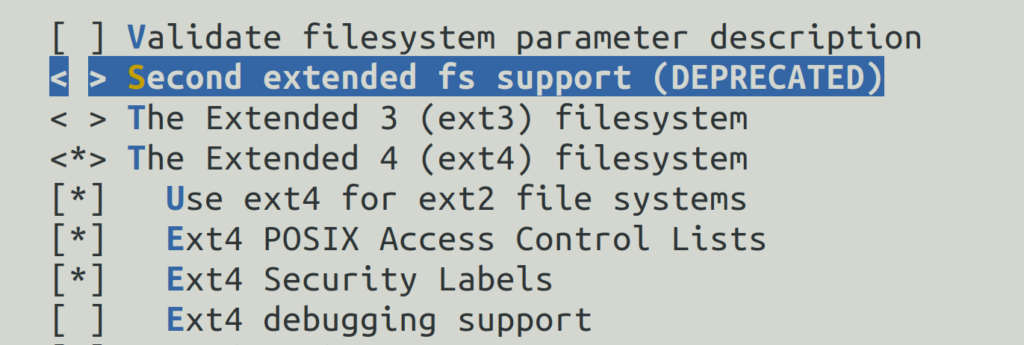
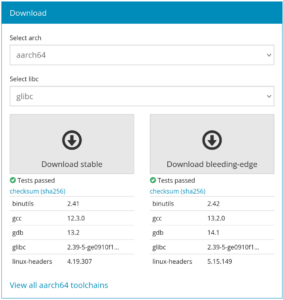 We just released version 2024.02 of the
We just released version 2024.02 of the 